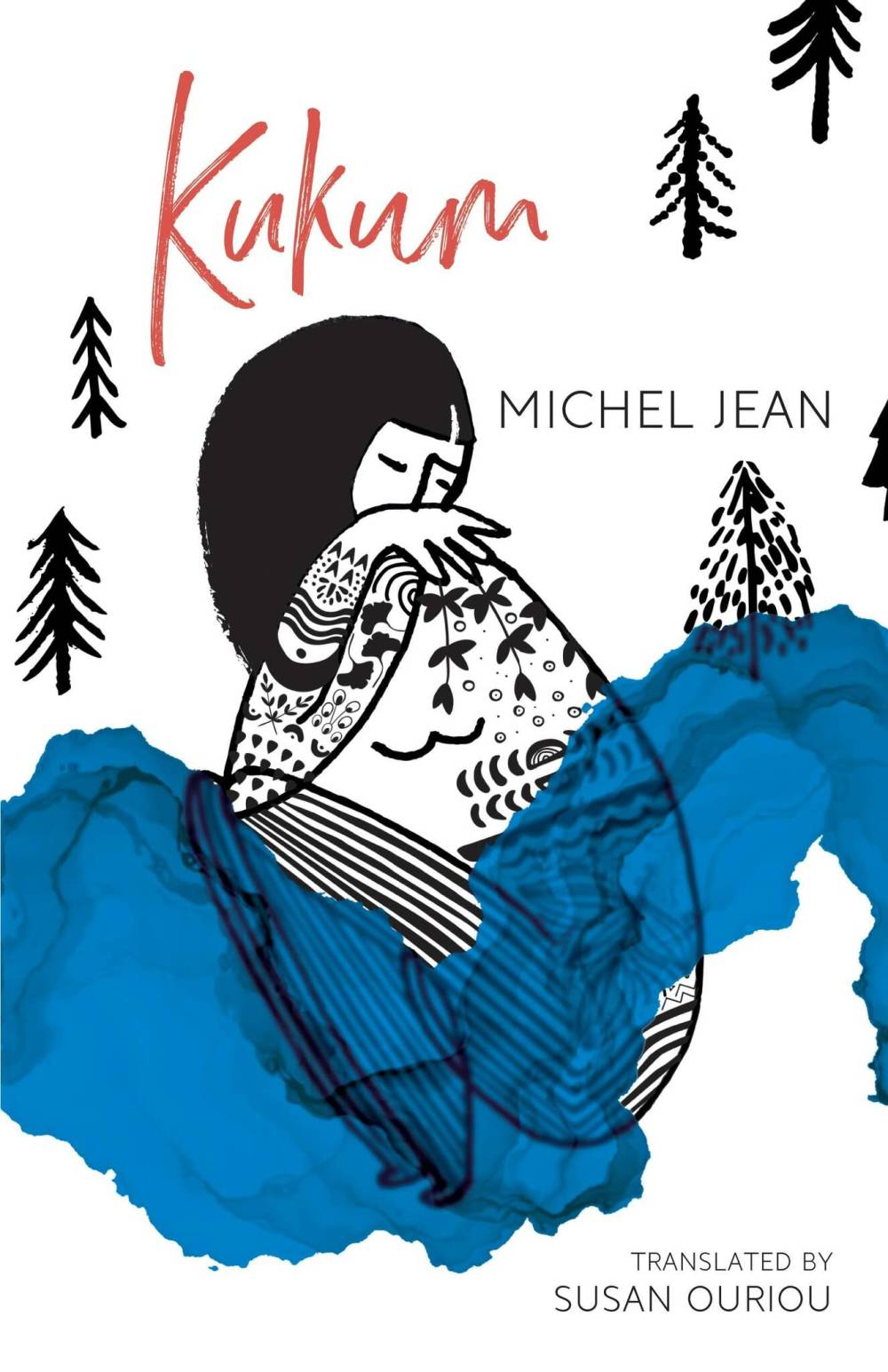Love, loss in Innu nation movingly recounted
Advertisement
Read this article for free:
or
Already have an account? Log in here »
To continue reading, please subscribe:
Monthly Digital Subscription
$0 for the first 4 weeks*
- Enjoy unlimited reading on winnipegfreepress.com
- Read the E-Edition, our digital replica newspaper
- Access News Break, our award-winning app
- Play interactive puzzles
*No charge for 4 weeks then price increases to the regular rate of $19.95 plus GST every four weeks. Offer available to new and qualified returning subscribers only. Cancel any time.
Monthly Digital Subscription
$4.99/week*
- Enjoy unlimited reading on winnipegfreepress.com
- Read the E-Edition, our digital replica newspaper
- Access News Break, our award-winning app
- Play interactive puzzles
*Billed as $19.95 plus GST every four weeks. Cancel any time.
To continue reading, please subscribe:
Add Free Press access to your Brandon Sun subscription for only an additional
$1 for the first 4 weeks*
*Your next subscription payment will increase by $1.00 and you will be charged $16.99 plus GST for four weeks. After four weeks, your payment will increase to $23.99 plus GST every four weeks.
Read unlimited articles for free today:
or
Already have an account? Log in here »
Hey there, time traveller!
This article was published 05/08/2023 (887 days ago), so information in it may no longer be current.
For author and journalist Michel Jean (Elle et nous), his latest release is both a work of literature and an investigation into his own family history. Kukum tells the life story of Jean’s great-grandmother, Almanda Siméon, written in her own voice from the first-person perspective. Though she was born in 1872, Jean still had the opportunity to know her personally in childhood, since she lived to be nearly 100 years old.
The original French publication of this novel in 2019 went on to win the French-language version of the Canada Reads competition, Le Combat des livres, in 2021. The new English translation was ably handled by Susan Ouriou, whose previous French-to-English translation work won her a Governor General’s Award. Both awards were well deserved.
One might expect almost any ordinary person to have seen some fascinating things if they lived in Canada from almost the time of Confederation until Pierre Trudeau’s first term as prime minister, but Almanda was no ordinary person. Orphaned from her parents at a young age and taken in by her aunt and uncle, poor immigrant farmers in northern Quebec, her life changed when she spotted a young Innu man paddling his canoe down the river as she was milking the cows.

Kukum
She fell in love with that man, marrying into the Siméon family and Innu Nation that same summer and joining them in their hunting grounds in the far north, where she learned to trap, hunt, paddle a canoe, speak Innu-aimun, tan hides and hundreds of other things. She would bear many children, raising them on the land and carrying each sleeping babe on her back while she continued to walk and work the hunting grounds with the rest of the Siméons.
Any long life is pocked with moments of tragedy and periods of hardship. By and large, however, Jean imbues Almanda’s narration with a sense of gratefulness. Her world began so small, with her seemingly destined to continue to spend her waking hours working the same small farm, praying against crop failure year after year. Yet her world became so large, walking and learning the massive boreal forest, paddling down thousands of kilometres of river each year, camping on the shores of a lake so large you cannot see the shore on the other side.
The real looming tragedy was a vast and nebulous one — what Almanda refers to as progress, which saw loggers building bigger and bigger camps, pushing deeper and deeper into the forest, gumming up the river with felled giants.
Progress saw the first children in their community stolen away to residential schools, with the youngest member of the Siméon family ending up in a faraway unmarked grave that very first year. Progress subsequently witnessed a gulf open up between generations of Innu, those who knew the land and their language and those who grew deeply acquainted with sorrow.
There is no escaping the history of this country, but that does not make this story a tragedy. It is first and foremost a celebration of a life well-lived. Jean shares with readers the miracle that a poor Irish orphan with little hope for the future not only discovered a deep and enduring love, but was also invited in to one of the last generations to live in the complete and connected way that Innu had lived for thousands of years prior — something that informed the next 80 or so years of her life.
Joel Boyce is a Winnipeg writer and educator.

